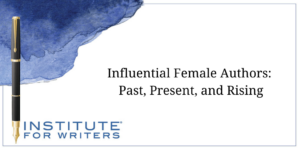
Influential Female Authors: Past, Present, and Rising
We’re going to look at influential female authors of the past, those impacting the present, and whom the industry expects to make a big splash.
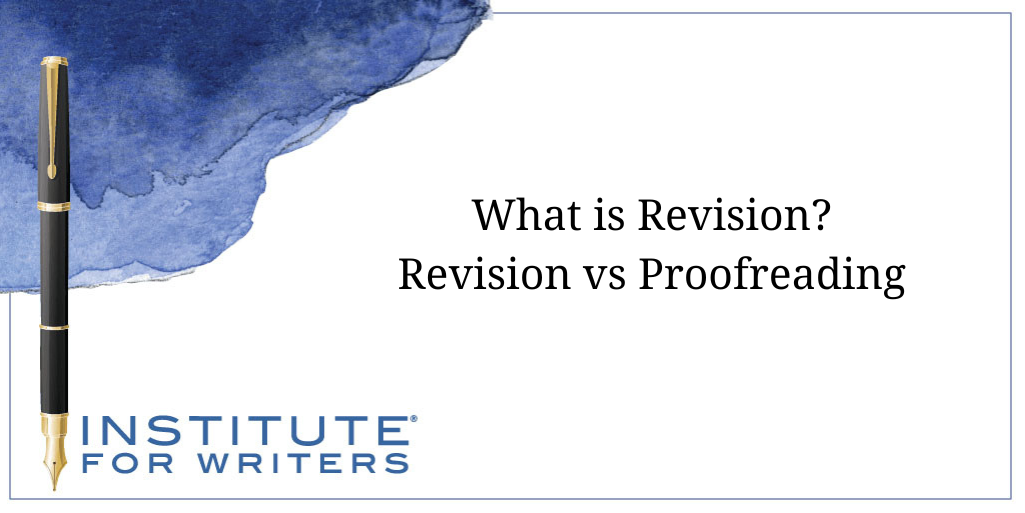
I have a friend—let’s call her Josie—who maintains a blog to talk about all the books she reads—and she reads quite a few. Although I like seeing her monthly posts detailing books she enjoyed over the prior weeks, I find that Josie often repeats herself within her writing, she sometimes changes verb tense mid-sentence, and the general flow of her interesting and worthwhile ideas could be smoothed out. Additionally, there are always misplaced commas, periods, and other wonky punctuation, as well as a handful of misspelled words. Regardless of these problems, her posts are enjoyable and are a nice way for her audience to learn more about books they most likely have not heard about or have wondered about.
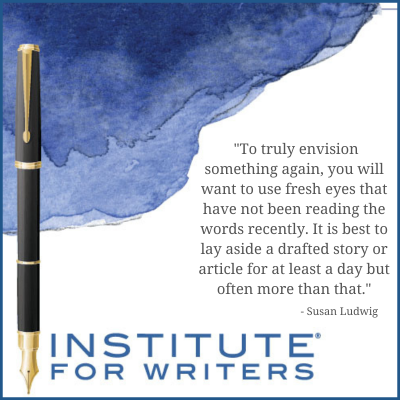 A few months ago, I told Josie how much I enjoyed the book recommendations she offered on her blog and asked her how long it took her to create a new post at the end of each month.
A few months ago, I told Josie how much I enjoyed the book recommendations she offered on her blog and asked her how long it took her to create a new post at the end of each month.
“Maybe five or ten minutes,” she said. “I just write it up and submit it. To tell you the truth, I don’t even read it again after I type it.”
Yeesh. I thought to myself; that is pretty obvious. Some revision and editing would go a long way to making your posts an actual pleasure to read.
I didn’t tell her that. There seemed to be no point in my acting writing-superior to my friend. But as I thought about the writing process later, I realized that revision is not just important, it is mandatory for all writers, from those who are just beginning to put their thoughts into words to those who have published their work in any media. Revision is thought of by most writers as the most important part of the writing process. No one can write a perfect draft, so revision is the opportunity to make that drafted manuscript absolutely terrific.
With that in mind, let’s discuss some components of revision and why it is important for all writers, regardless of how carefully you draft out your writing.
 Revising is not about reading through your sentences and paragraphs and looking for errors and poor sentence structure. That process is proofreading (also an important part of the writing process but not what we are discussing right now) and is usually done as the final part of the review process before a manuscript is thought of as “good to go.”
Revising is not about reading through your sentences and paragraphs and looking for errors and poor sentence structure. That process is proofreading (also an important part of the writing process but not what we are discussing right now) and is usually done as the final part of the review process before a manuscript is thought of as “good to go.”In the two posts that follow this month, we will look at some revision strategies that may help you to better evaluate and be critical of your own writing. You will learn to think about your audience and strive to make your work appeal to those readers. And you will learn the value of a well-revised piece of writing.
Grab a writing draft and get ready to look at it with your revision eyes.
Susan Ludwig, MA has been an instructor with the Institute of Children’s Literature for almost twenty years. Susan’s writing credits include teacher resource guides, English language learner books, and classroom curriculum for elementary through high school students. A former magazine editor, she assesses students’ written essays as a scoring director for the ACT and SAT exam. When she is not writing or working, she is usually found playing with her grandsons or curled up with a good book.

We’re going to look at influential female authors of the past, those impacting the present, and whom the industry expects to make a big splash.
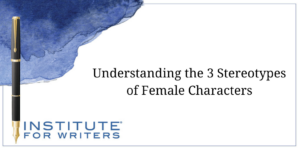
This week, we’re focusing on how we as writers can create strong female characters that others will look up to, instead of harmful stereotypes.
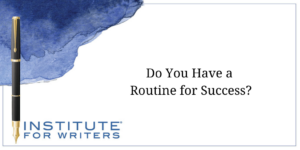
Is your writing routine reaching its potential? Maybe it’s time to take another look so you can see what’s possible for your writing.
1000 N. West Street #1200, Wilmington, DE 19801
© 2024 Direct Learning Systems, Inc. All rights reserved.

1000 N. West Street #1200, Wilmington, DE 19801
© 2025 Direct Learning Systems, Inc. All rights reserved.

1000 N. West Street #1200, Wilmington, DE 19801
©2025 Direct Learning Systems, Inc. All rights reserved. Privacy Policy.
5 Comments